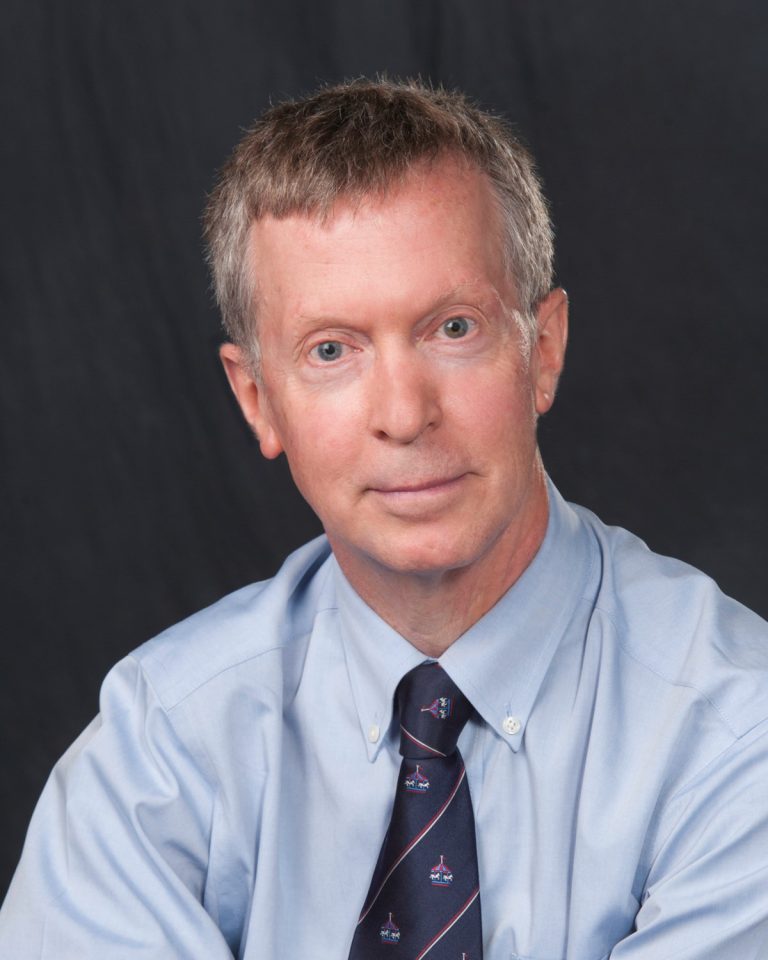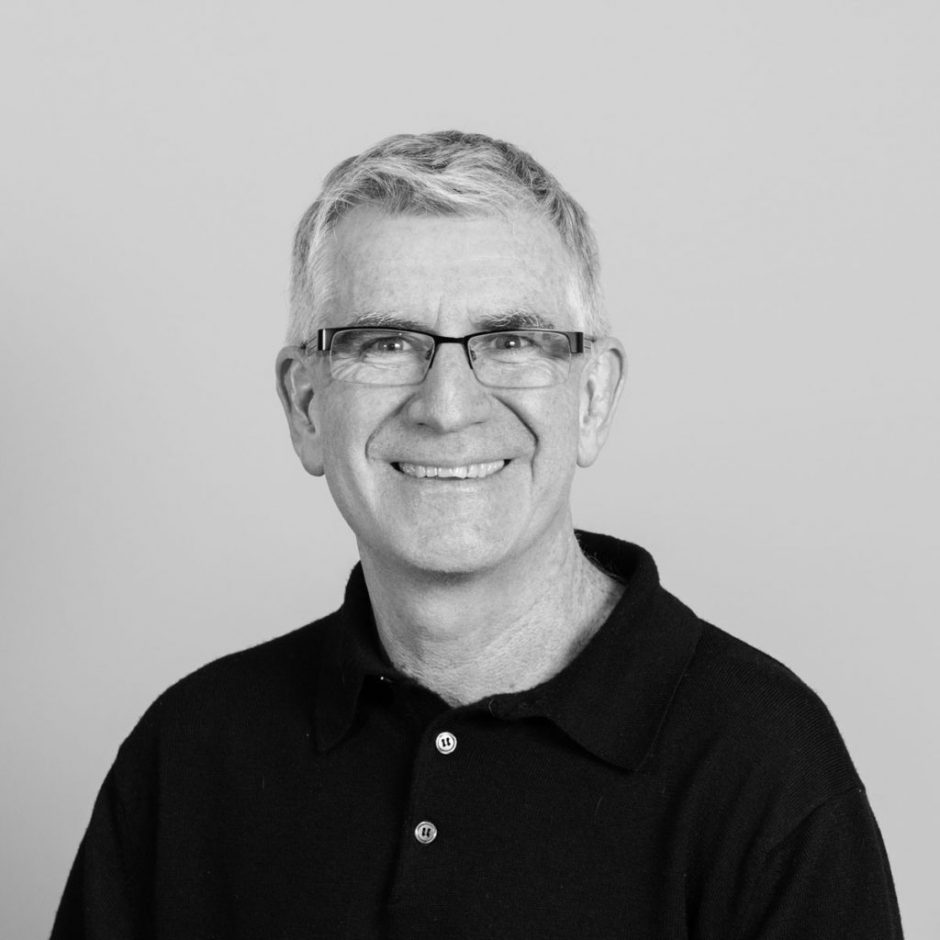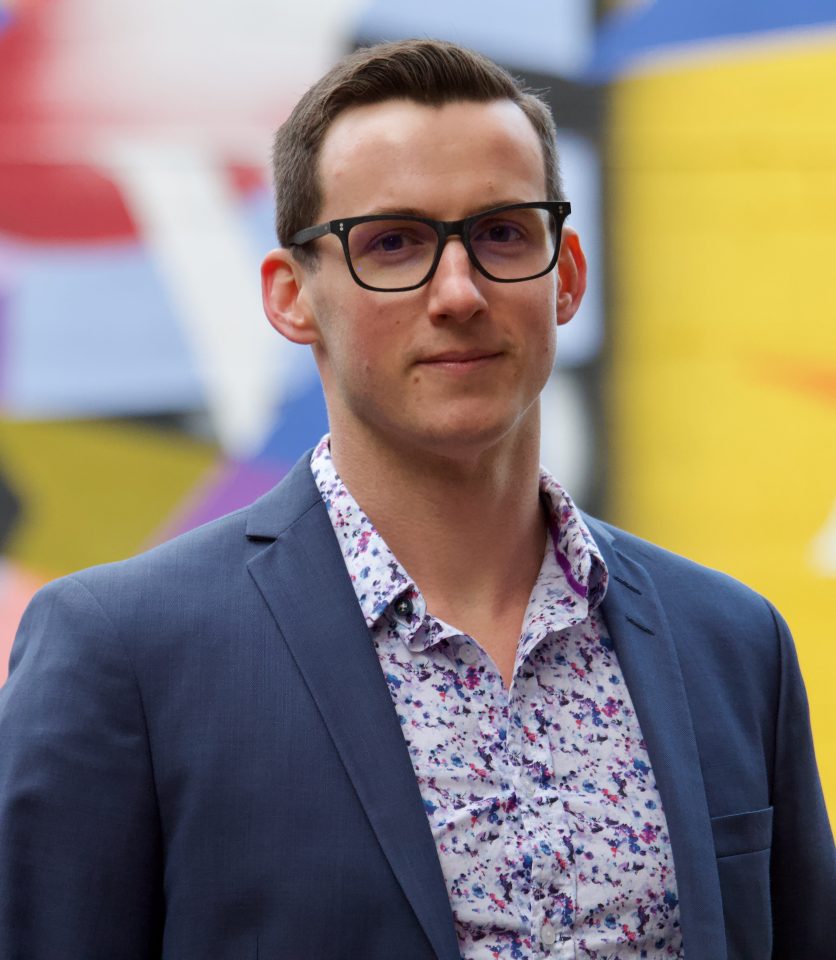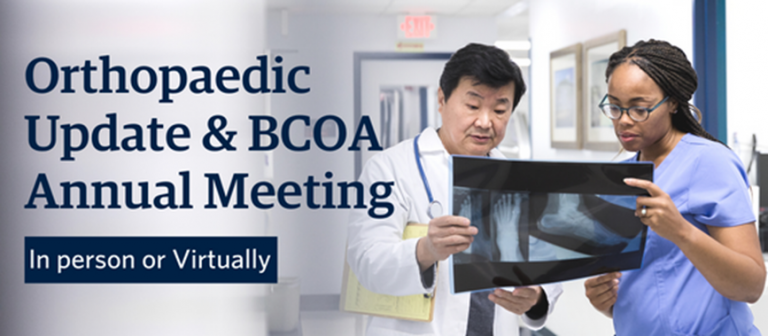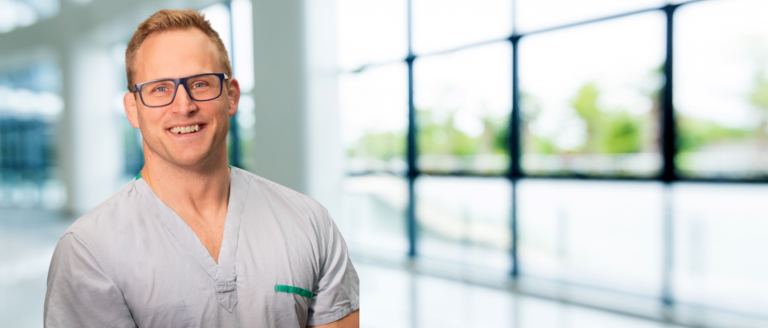With the sudden arrival of the COVID-19 pandemic, many healthcare providers had to rapidly reassess delivery methods and push virtual visits to the forefront of patient care.
UBC Orthopaedics faculty member, Dr. Geoffrey Johnston, assisted by Dr. Colin Landells, both of the RebalanceMD team in Victoria, BC, seized this unique opportunity to evaluate the effectiveness of virtual orthopaedic assessments. The project, entitled COVID-19: Pivoting from in-person to virtual Orthopedic Surgical Evaluation, explores patient satisfaction following virtual Orthopaedic consultation.
The COVID-19 pandemic presented a unique set of circumstances with which to assess virtual health care. Dr. Johnston saw this as an excellent opportunity to assess patients’ perceptions of the value of virtual Orthopaedic assessments, and how virtual care could potentially be integrated into clinical practice in a standardized manner for a large population.
“At RebalanceMD, we were able to pivot very quickly to a fully online virtual health care model using our in-house Electronic Health Record (EHR), called Input Health” says Dr. Landells. “This allowed us to imbed our virtual visits directly into our existing EHR system in a completely secure manner.”
Not only was the team able to quickly develop a questionnaire specific to the virtual health care experience of their patients, but they were also able to securely and rapidly distribute the questionnaire using the Input Health system.
“We already had a robust system embedded within Input Health which allowed us to send questionnaires to patients and to collect the data anonymously, confidentially, and securely,” says Dr. Landells. “We were already using this system to collect PROMS (patient-reported outcome measures) and PREMS (patient-reported experience measures) data.”
The team received more than 1800 responses to their survey, quite quickly, with a very high rate of return.
Results of the survey indicated that patients found virtual consultations to be very valuable. “COVID-19 aside, a visit to the Orthopaedic Surgeons’ offices can be onerous for patients when considering distances travelled, mobility challenges, time missed from work, and requirements for accompanying caregivers; not to mention the environmental impact of the travel required for in-person visits” says Dr. Landells.
For Dr. Johnston, the project is all about creating thoughtful change through research. He believes in what he calls, the “ABCDEs”: Always Be Challenging Dogma Everywhere! “Striving to be better can only happen if there is a parallel system of curiosity and measurement that allows one to determine if better is indeed better, says Dr. Johnston. “As such, in the absence of thoughtful research, we risk going nowhere, and it is curiosity and research that drives us to be better!”
Though the team does not suggest that virtual orthopaedic assessments should replace in person consultations, the results of their research indicate that where it is appropriate and more convenient for patients, virtual assessments can be offered with confidence that they are of value to patients.
Andrew Roberts, a 4th-year medical student in the Island Medical Program with an interest in Orthopaedics, reached out to Dr. Landells and Dr. Johnston when the project was in its early development. Andrew was able to get involved with the project at the very start, through UBC’s Flexible and Enhanced Learning (FLEX) program – a learning experience that offers undergraduate medical students an exciting opportunity to develop and pursue activities that allow them to explore individual learning interests in greater depth.
“Being involved with a study to assess patient satisfaction following virtual orthopaedic care was unique in the sense it corroborates what I have seen throughout my clinical rotations in medical school” says Andrew.
During his rural family practice rotation in Prince Rupert, he met quite a few patients who had travelled to Vancouver for specialist appointments. “In talking with these patients, many expressed confusion as to why they were required to travel to Vancouver and questioned whether it could have been done virtually.”
Andrew was also involved with virtual orthopaedic consultation and follow-up during his foot and ankle rotation at St. Paul’s Hospital in Vancouver. “During these appointments, patients often commented on the convenience of virtual visits and how they appreciated the ability to choose virtual vs in-person” he adds. “It is gratifying to have documented the same patient perception towards virtual appointments in our research.”
When it comes to the UBC FLEX program, Andrew claims that the program provided him with dedicated time for his research project. “Without FLEX, I’m not sure if I would have reached out to Dr. Landells to get involved with this project. The program has provided opportunities for many students to get their feet wet in research who may have otherwise had no prior experience.”
This work is set to be published in the commentary section of the Canadian Journal of Surgery.
Learn more about FLEX projects at UBC:
The UBC Department of Orthopaedics will be providing up to $1000 in support to future FLEX projects (up to $1000 per faculty member for each flex student that works on a project with them). Eligible expenses include conference registration and/or travel costs for the flex student, poster printing charges, publication charges, and other related costs).
